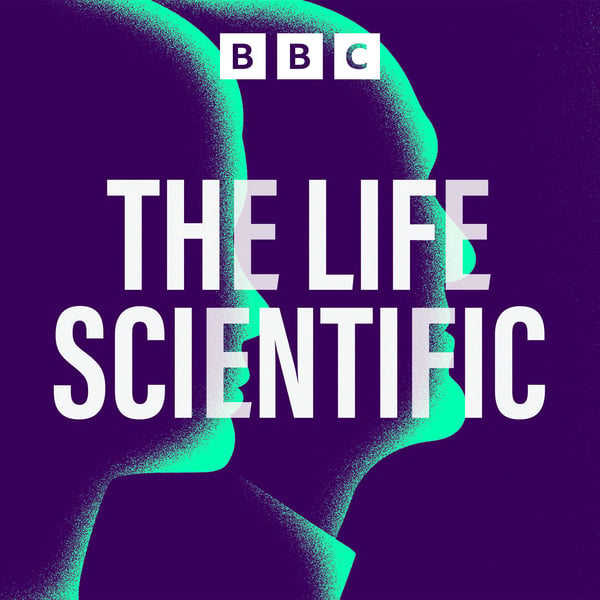Kip Thorne on black holes, Nobel Prizes and taking physics to Hollywood
The Life Scientific
BBC
4.6 • 1.4K Ratings
🗓️ 6 August 2024
⏱️ 36 minutes
🧾️ Download transcript
Summary
The final episode in this series of The Life Scientific is a journey through space and time, via black holes and wormholes, taking in Nobel-prize-winning research and Hollywood blockbusters!
Kip Thorne is an Emeritus Professor of Theoretical Physics at Caltech, the California Institute of Technology, and someone who’s had a huge impact on our understanding of Einsteinian gravity. Over the course of his career Kip has broken new ground in the study of black holes, and been an integral parts of the team that recorded gravitational waves for the very first time – earning him a share in the 2017 Nobel Prize for Physics.
He went on to promote physics in films: developing the original idea behind Christopher Nolan’s time-travel epic Interstellar and, since then, advising on scientific elements of various big-screen projects; including, most recently, the Oscar-winning Oppenheimer.
In a special edition of The Life Scientific recorded in front of an audience of London’s Royal Institution, Professor Jim Al-Khalili talks to Kip about his life and career, from his Mormon upbringing in Utah to Hollywood collaborations – all through the lens of his unwavering passion for science.
Presented by Jim Al-Khalili Produced by Lucy Taylor
Transcript
Click on a timestamp to play from that location
| 0:00.0 | Before you listen to this BBC podcast I'd like to tell you about something else you might enjoy. |
| 0:05.0 | My name is Allison Hindle and I commission audio drama and fiction for the BBC. |
| 0:10.0 | It's a great privilege because I get to unearth stories people love. |
| 0:13.7 | You should see the books and scripts covering my floor, |
| 0:16.5 | from new talent and established writers as well as classics. |
| 0:19.8 | The BBC has such a rich history of making great audio drama, |
| 0:23.7 | we're still the largest producer in the world, |
| 0:26.0 | and the popularity of podcasts means we can share what we do with even more people. |
| 0:30.8 | So if you like to lose yourself in a gripping audio drama or book, find your next listen on BBC Sounds. |
| 0:37.0 | BBC Sounds. |
| 0:40.0 | Music Radio Podcasts. |
| 0:42.0 | Hello and welcome to the podcast edition of the life scientific I'm Jim Alkalele and this is the show where I get to talk with some of the world's leading scientists and you get to find out what drives them. So sit back, get comfortable and enjoy the episode. |
| 0:56.0 | Hello and thank you for joining me here at London's Royal Institution for a special edition of the Life Scientific, |
| 1:02.0 | one that will take us on a journey in space and time, |
| 1:05.0 | through black holes and wormholes to giant experimental labs and Hollywood studios. |
| 1:11.0 | My guest is Kip Thorne, emeritus Professor of Theoretical Physics at Caltech, the California |
| 1:16.2 | Institute of Technology, and someone who's had a huge impact on our understanding of Einstein's |
| 1:21.4 | theory of gravity. An early fascination with the subject led the |
| 1:23.0 | early fascination with the subject led Kip to break new ground in the study of black holes |
| 1:28.0 | and his work as part of the team that recorded gravitational waves |
| 1:31.0 | for the very first time, the product of a collision between two massive |
| 1:35.1 | black holes more than a billion light years away, earned him a share in the 2017 Nobel Prize for physics. As if that wasn't enough he subsequently took astrophysics |
... |
Please login to see the full transcript.
Disclaimer: The podcast and artwork embedded on this page are from BBC, and are the property of its owner and not affiliated with or endorsed by Tapesearch.
Generated transcripts are the property of BBC and are distributed freely under the Fair Use doctrine. Transcripts generated by Tapesearch are not guaranteed to be accurate.
Copyright © Tapesearch 2025.

